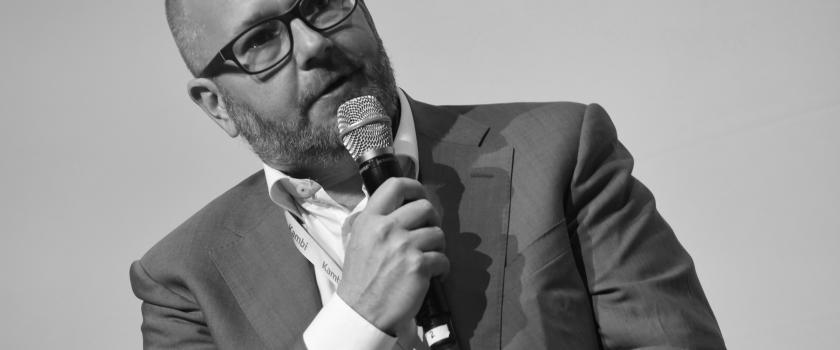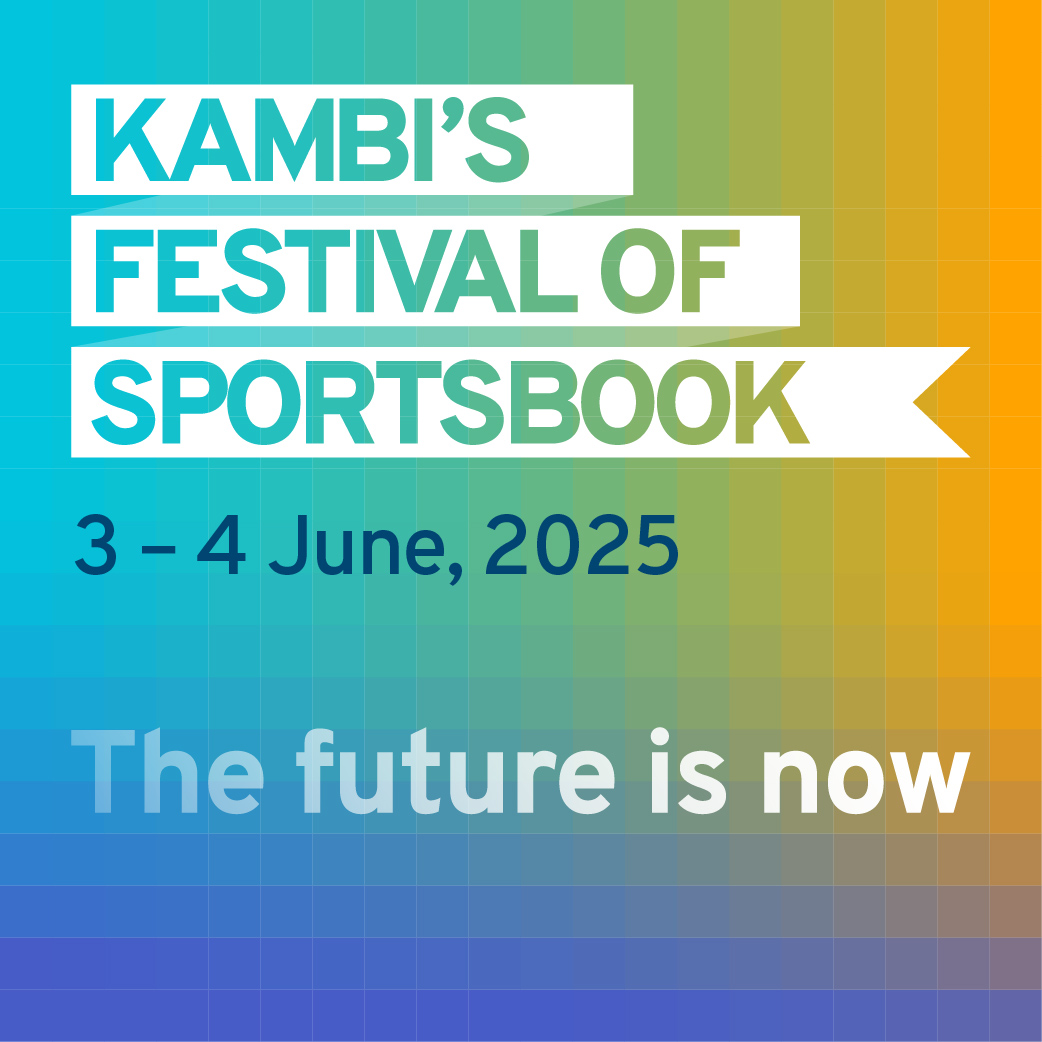

What do you have planned for G2E this year?
G2E is an event which we’re naturally very excited about. It more than justifies its place at the forefront of the industry calendar, with a host of valuable opportunities for learning and networking, and we will have a large team on hand at Booth 2230 to talk delegates through how Kambi can help them unlock their sportsbook ambitions.
Visitors will see that we have dedicated our stand to displaying our message of “Ultimate Freedom”. With an ability to deliver both swiftly and at scale, we offer our growing array of partners a consistent level of technological strength and adaptability that few others in this sector are able to keep up with.
What have you learned from operations in the US this year that surprised you?
I wouldn’t say that much has taken us aback – we dedicated a lot of time and effort to ensuring our readiness for entry into individual markets before the repeal of PASPA, developing rapidly scalable technology in order to meet any specific requirements.
It’s important to emphasise that a US sports bettor expects a product and experience that is different from their European counterparts. A provider entering the US with a slightly tweaked European sportsbook is unlikely to be able to drive long-term player retention.
By way of example, we’ve found our on-property kiosks have transformed the way bettors are wagering in casinos, while our modernization of the popular teaser parlay product has proven immensely popular with our version, in the main, providing greater returns to the bettor.
What trends are you expecting to develop as the sports betting market matures?
With many states regulating on a brick and mortar first basis, one trend which has made a clear impression on the marketplace is that, for casino operators, two clear means of getting a sports wagering product up and running have emerged. Some operators have taken the approach of outsourcing to a B2C brand, handing their database and creative reins to a third party.
Although this approach may be enough to get up and running promptly, it does little to add to the value of the casino’s brand. While the most efficient approach can differ from operator to operator, many are recognising the inherent advantage of owning and controlling their sports betting offer through investing in trusted B2B providers.
As an example, Kambi’s ability to offer complete control of the front-end proposition, alongside bespoke pricing and risk management on a state-by-state basis, was a crucial factor in securing our recently announced partnership with Penn National Gaming, North America’s largest regional gaming operator.
Do you think states’ market demands will grow more different as they mature?
Although the speed of regulation is noteworthy, there is still a long way to go before the true shape of the US sports betting landscape becomes clear – the significant thing for a provider is having the scalability to meet differing market demands in an assured and secure manner.
Indeed, when considering regulatory requirements, differences between states don’t necessarily need to mean fundamental changes at the product level – just look at what we’ve seen in Pennsylvania so far, with the pricing offered on a par with those in the more favourably taxed New Jersey.
I actually believe, over time, states’ regulatory demands may even become more relaxed. By that I mean increasing numbers of states will follow more closely the example of New Jersey, which has a flourishing market due to its sensible regulation and taxation of both online and on-property. Many states that initially only permit on-property will, I feel, realize the benefits of online for a variety of reasons, including the greater protection of bettors.
What do you think of the pace at which states have regulated sports betting in the US?
It goes without saying that there has been a steady pace to regulatory proceedings following the repeal of PASPA in May 2018, and the speed of developments displayed the potential to catch many stakeholders flat-footed.
I think what it ultimately shows is the level of appetite for regulated sports betting across the USA among both regulators and consumers. We work closely with regulators, building lasting relationships and, in some cases, assisting their understanding of the intricacies of sports betting in order to develop the most sensible and efficient frameworks.
The key thing for Kambi is making sure we are constantly working in support of our partners’ growth strategies, and demonstrating our ability to more than match the current speed of regulation is evidently a hugely important aspect of this.
We have a fantastic compliance team in place, and their skill, along with that of our technical and delivery functions, has helped Kambi to secure an impressive series of market firsts. We processed the first online wagers in New Jersey and Pennsylvania, as well as the first legal sports bet in New York with Rush Street Interactive, cutting the ribbon on their sportsbook lounge at the Rivers Casino & Resort Schenectady in July 2019.
How do you see the issue of integrity fees developing in the US?
There’s no denying that the topic of integrity fees has created much discussion, but we are starting to see progress on this issue. In the absence of integrity fees, US leagues are striking commercial deals with operators and data providers on an individual basis, and I would say that this is likely to be the most agreeable way of moving forward, rather than states specifically legislating on it.











